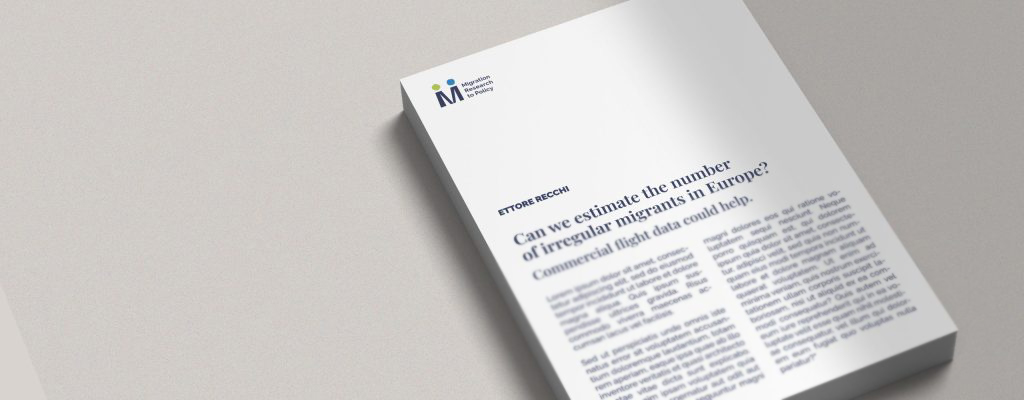PROTECT: The right to international protection: a pendulum between globalisation and nativisation?
Protection

Funding
Horizon Europe
Geographic focus
Canada, South Africa
Dates
1 February 2020 –
30 April 2023
About
Policy recommendations to find the best legal and institutional frames for the governance of asylum determination.
Key Findings
- The right to international protection is both “lost” in attempts to treat refugees as migrants and contained by other kinds of political concerns, including development, security, borders, economics, development, and foreign policy.
- Embedding refugee and asylum policy in migration policy and other policy areas is detrimental for the right to international protection. PROTECT proposes new ways of avoiding the embedment of international refugee protection and asylum policy in areas like migration, security, borders and foreign affairs.
- If the aim is to create a fair international protection system, asylum decision-making must be organised under specialised, autonomous asylum offices whose decisions are only subject to judicial review and UNHCR scrutiny.
- To safeguard the rights of asylum seekers and refugees, states should avoid applying regular migration rules and procedures to asylum applicants – e.g., immigration detention, strict requirements of ID, passport, visa, itinerary, proof of subsistence and accommodation etc. In addition to organizing the asylum determination under autonomous asylum decision bodies, asylum procedures should include extensive procedural rights.
Highlighted Publications and Tools
- Policy Brief – Lost in Migration. Which policies are needed to safeguard the international protection system?
- Dataset – citizens’ attitudes to international refugee protection
- Dataset – institutional architectures for Refugee Status Determination (RSD)
- Dataset – the external dimension of EU migration and asylum policies
- Dataset – civil society organizations’ attitude and activity
Coordinator
Professor Hakan G. Sicakkan, Faculty of Social Sciences, Department of Comparative Politics, University of Bergen
Partners
- University of Bergen
- Queen Mary University of London
- University of Giessen
- Toronto Metropolitan University
- Ghent University
- University of Surrey
- University of Catania
- University of Ljubljana
- Lund University
- Wits University
- University of Stuttgart
- The Open University
Contacts
Related projects
Want your research to be featured in our database?
We add research projects with significant funding, stakeholder engagement, and impactful results.









